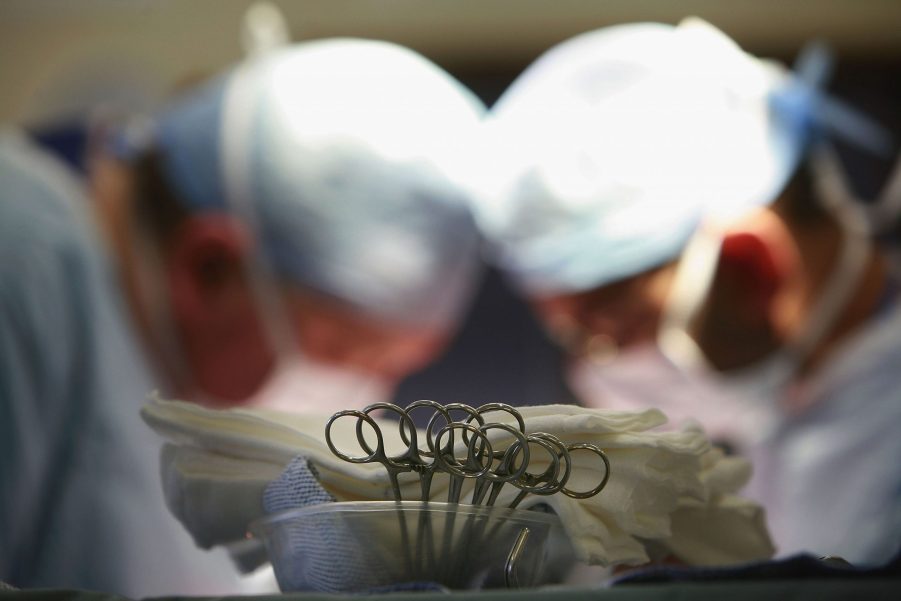
Is it Safe to Drive After Surgery?
Driving is quite a privilege, however, that privilege can be temporarily placed on hold if you have to undergo surgery. Anesthesia, surgical wounds, and difficulty operating a motor vehicle all play factors into why you shouldn’t drive after surgery. But does that mean that it’s really not safe to do so?
There are plenty of reasons not to drive after surgery

As a general rule, it’s never a good idea to drive after surgery especially if you were administered anesthesia, reports Very Well Health. Anesthesia can slow down your reflexes, slow your thought process, and even cause temporary amnesia after the surgical procedure is over. It’s for this reason that most hospital staff and doctors require you to have a driver to take you home after the procedure is done. Without having one, they won’t schedule the operation.
The length of time needed to heal from the surgery will vary from person to person and the type of procedure done. For example, a patient that broke his or her leg may need six weeks to heal, while a colonoscopy patient may be able to get back on the road the next day. That being said, the time that it takes to heal can vary depending on the person as some patients heal quicker than others.
How long must you wait to drive after receiving anesthesia?
You should typically wait at least 24 to 48 hours before driving after receiving anesthesia during surgery. Although, it should be noted that your recovery time can be greatly increased if you’re prescribed sedation or pain medication after the surgery. In that case, you may want to wait up to a couple of weeks before getting behind the wheel.
Aside from having slower reflexes, some of the main reasons to avoid driving after surgery include:
- Limited range in mobility
- Driving may interfere with your healing process
- The constant movement when driving may open up sutures
- Your grip strength may be reduced
- There may be changes to your vision
- The seat belt can place stress on your incision or other wounds
Furthermore, Very Well Health suggests that your auto insurance company may not cover you in the event of an accident if you go against the advice of your medical health professional and drive too soon.
Don’t drive too soon

The main point is not to drive too soon after surgery in order to remain as safe as possible. WebMD notes, “If a doctor tells you not to get behind the wheel – whether it’s two weeks or two months – it’s for good reason.” Your reaction times while driving will likely be slower and you may run the risk of hurting yourself, or other drivers, more than you think.
If anything, stay well-rested and follow your doctor’s orders. After all, we have services like Uber and Lyft for a reason. So if you need to be mobile, try using one of those services. Otherwise, enlist the help of a friend of family member to chauffeur you around. You most likely could use the break from driving anyway.



